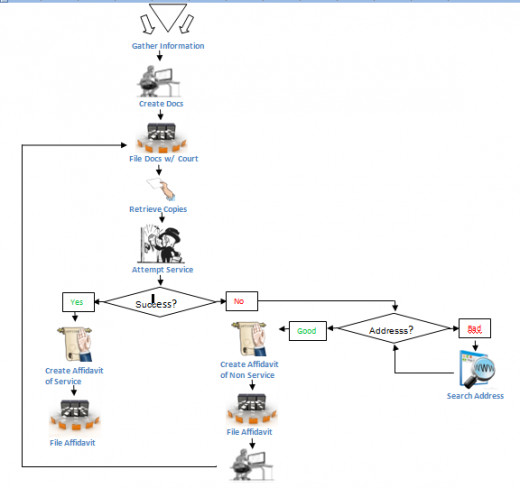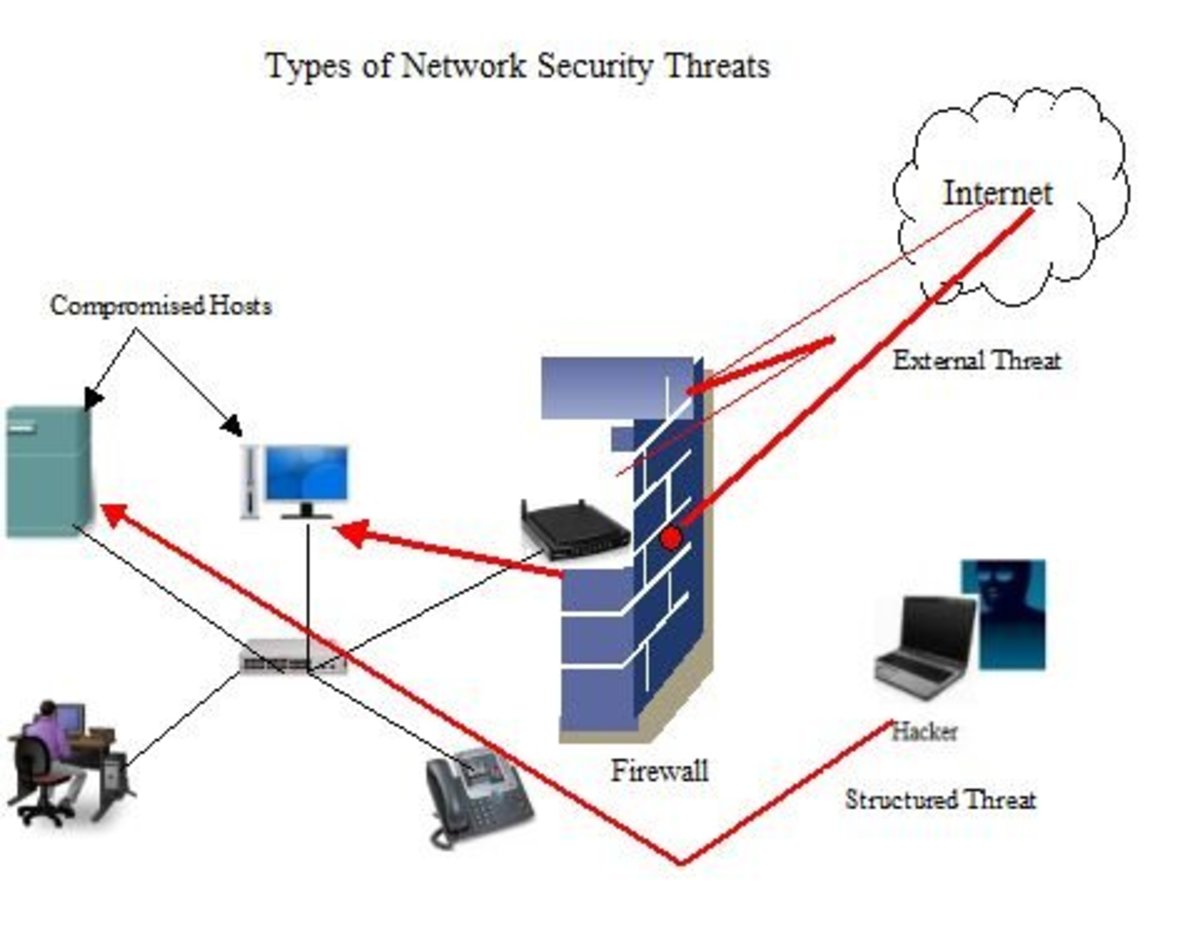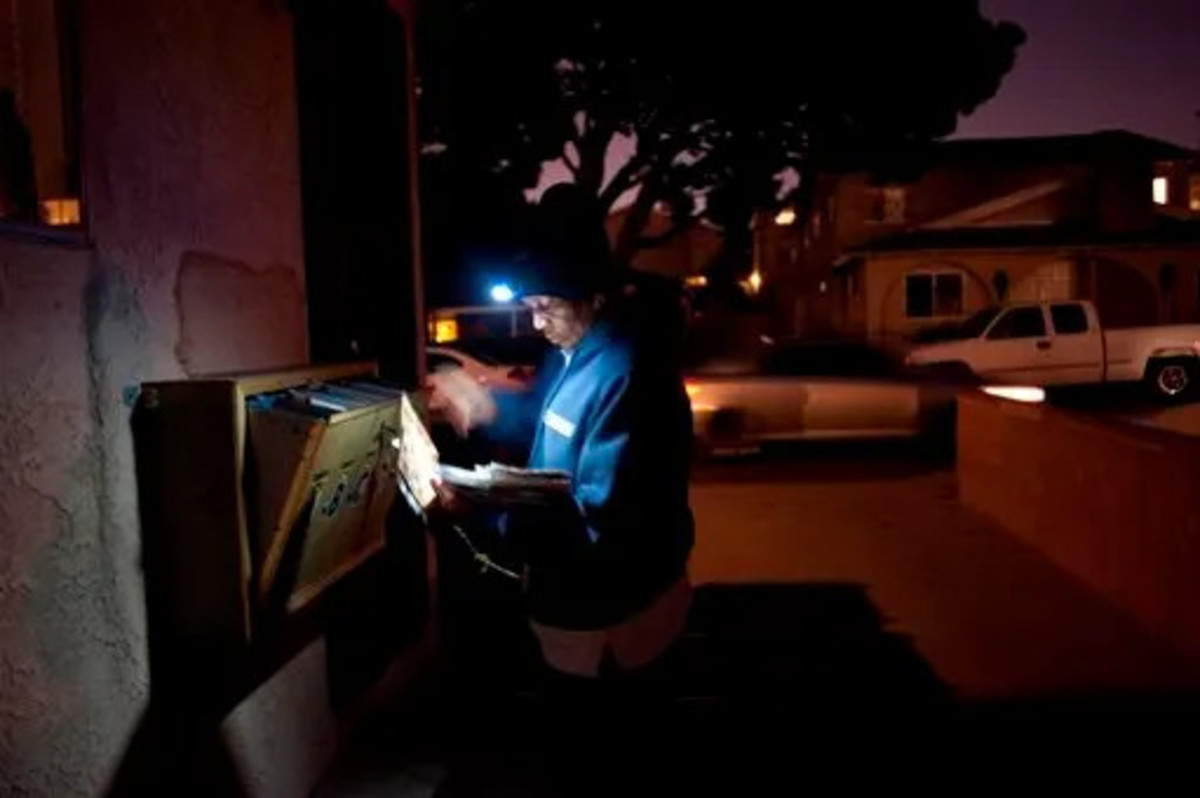How Legal Process Service Works

Many people are curious as to how process service works. We have all seen servers on TV walking up in the most awkwardly public moment loudly proclaiming, “You have been served.” In many states, such as Texas process servers are not allowed to use that wording at all. Judges determine if documents have been properly served not process servers. Process servers are really court appointed couriers who deliver legal documents following the rules of the courts as shown in the chart.
Prepare for the Delivery
You or your attorney must complete a subpoena or citation and all other required documents and file them with the court. You will need an address where the defendant can be found. It can be work, home, or some place you know the defendant goes on a regular basis like a gym or club. Most attorneys include wording that allows for some leeway in where the documents can be served but you still need to have at least one viable address. Depending on the rules of the county documents may be filed electronically or in person. After a quick review the judge usually signs all the documents. You, your attorney, or your process server can retrieve a certified copy from the courts. Now it is time for service. There are two possible outcomes. Service will either be successful or unsuccessful.
Note: Consider asking for picture support of the service from your process server. Judges often like to see pictures of the site where the documents were delivered. Pictures provide evidence of service. In rare cases defendants may claim they were not properly served. Many process servers will add pictures with GPS, date, and time stamps to their affidavits without being asked, but it is still a good idea to make the request before the delivery attempts begin.
If Delivery is Successful
Most of the time court documents are delivered successfully on the first or second attempt. The process server will provide an Affidavit of Service which includes all the details of the delivery as required by state law. Your attorney can e-file the affidavit, you can file it yourself, or you can have the process server file it for you usually for a small additional fee.
If Delivery is Unsuccessful
Typically after your process server makes a minimum of three or more attempts at a time and place where service is likely to be successful the service is deemed unsuccessful. Sometimes the address may be old or the information incorrect and so the person cannot be found. Occasionally people even avoid service by claiming they are not the person identified, attempting to run away, refusing to answer the door when they are clearly home, etc. In these cases, your process server creates an Affidavit of Non Service, which must be filed with the courts.
If the Address is Good
If every reasonable effort has been made to deliver the documents to the person at a good address, you or your attorney may still want to make a request for an order of alternative service. You or your attorney may write the request for the order and file it with the courts. Once the order has been granted, and a certified copy of the order has been obtained your process server can go back out and follow the instructions on the citation to make the final delivery. Most often process servers are ordered by the court to tape the papers to a door or to deliver the documents to the plaintiff’s attorney or the plaintiff’s direct employee who is required to accept them at that point. Process servers do ONLY what is detailed in the order and are required to follow the order exactly. Once the delivery is complete the Affidavit of Service is written and can be filed.
If the Address is Bad
Usually a case cannot continue until an affidavit of service can be filed. If you are unsure about the address you may need to ask your process server for address verification which can be done for a small fee. If the original address was incorrect then another citation may need to filed by you or your attorney with the correct address and the process begins again. If however, a correct address cannot be found, but you know of an address for the attorney, a direct employee work address, or a close relative all is not lost. You or your attorney can make and file a request for alternative service using the information you do know. When the order has been granted, and a certified copy of the order has been obtained, your process server can go back out and follow the instructions on the citation to make the delivery.








